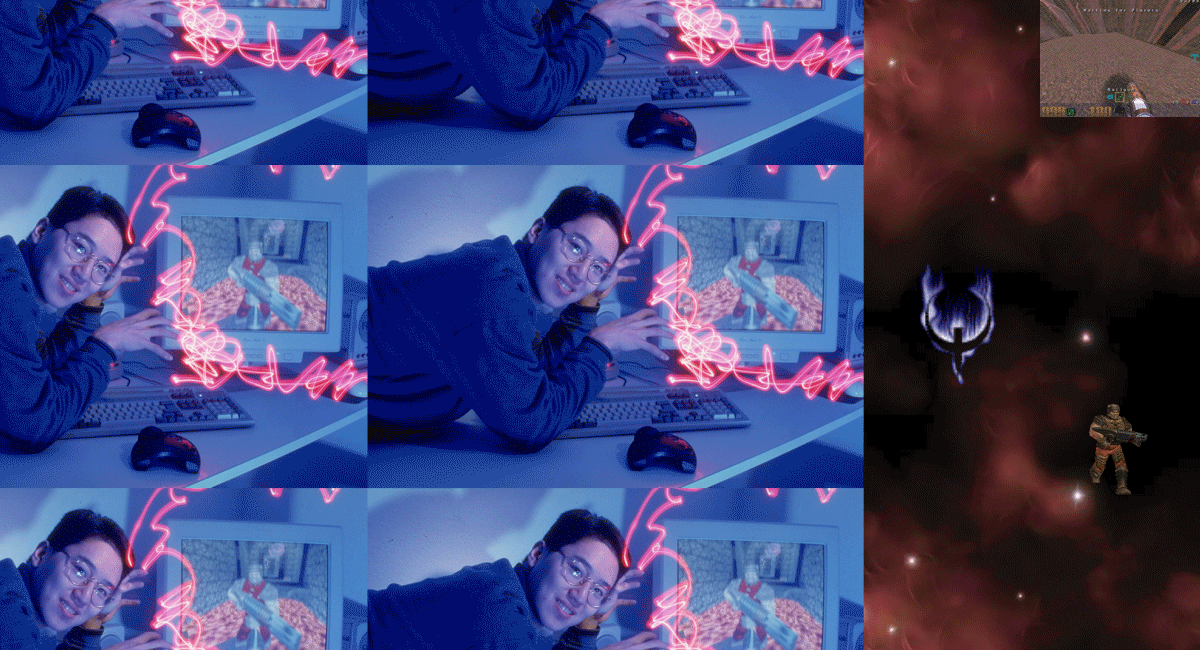My opening remarks at the Iowa Education Summit

I served on a panel, Education in a Digital World, at the Iowa Education Summit today. Here is what I said during my 5 minutes of opening remarks.
Good afternoon,
We have to start with the recognition that digital technologies are transforming EVERYTHING.
Technology is allowing everyone to do more powerful and also more complex work, but that creative power is accompanied by significant disruptive impacts. For example, the same technologies that allow us to have a voice, find each other, and work together also are destroying geographic boundaries. We’re seeing to our dismay that offshoring and outsourcing allow everyone, everywhere to compete with each other and with us. In addition to replacing jobs here with folks overseas, jobs also are being destroyed by software. If the Industrial Revolution was about replacing humans’ physical labor with machines, the Information Revolution often is about replacing humans’ cognitive labor with computers. In short, these new tools are radically transforming every single other information-oriented segment of our economy.
Does the workforce preparation that most Iowa schools do reflect our new hyperconnected, hypercompetitive global economy and the impacts of these new technologies? Nope.
More important than the economic concerns, however, is that digital technologies also allow for dramatic impacts on learning. For example, students and educators now have access to all of the information in their textbooks – and an incredible wealth of primary documents – for free. They have access to robust, low cost or no-cost, multimedia and interactive learning resources – texts, images, audio, video, games, simulations – that can supplement, extend, or even replace what is being taught in their classrooms. Via collaborative Internet-based tools, they can learn from and with students and teachers in other states or countries. They also can quickly and easily connect with authors, artists, business professionals, entrepreneurs, physicians, craftsmen, professors, and other experts.
Students and teachers now can more authentically replicate (and actually do) real-world work through the use of the same tools and resources used by engineers, designers, scientists, accountants, and a multitude of other professionals and artisans. They can share their own knowledge, skills, and expertise with people all over the world. They can find or form communities of interest around topics for which they are passionate and they can be active (and valued) contributors to the world’s information commons, both individually and collaboratively with others.
Essentially, our students and teachers now have the ability to learn about whatever they want, from whomever they want, whenever and wherever they want, and they also can contribute to this learning environment for the benefit of others.
But most Iowa schools do little if any of this. Instead, as Collins & Halverson have noted,
schools have kept new digital technologies on the periphery of their core academic practices. Schools … do not try to rethink basic practices of teaching and learning. Computers have not penetrated the core of schools, even though they have come to dominate the way people in the outside world read, write, calculate, and think.
If we were REALLY serious about educational technology, we would do things like…
If we were really serious about technology in schools, we’d do these things and more. But we don’t.
Look, we know, simply from projecting current trends forward, that in the future our learning will be even more digital, more mobile, and more multimedia than it is now. Our learning will be more networked and more interconnected and often will occur online, lessening our dependence on local humans. Our learning frequently will be more informal and definitely will be more self-directed, individualized, and personalized. Our learning will be more computer-based and more software-mediated and thus less reliant on live humans. Our learning will be more open and more accessible and may occur in simulation or video game-like environments. And so on. We’re not going to retrench or go backward on any of these paths.
Here in Iowa we thus need to begin envisioning the implications of these environmental characteristics for learning, teaching, and schooling. We need school leaders who can design and operationalize our learning environments to reflect these new affordances. If we are going to create schools that are relevant to the needs of students, families, and society, we need policymakers who are brave enough to create the new paradigm instead of simply tweaking what we’ve always done.
Here in Iowa we’re currently spending less on school technology than we did a decade ago. Of the 40 states that have some sort of online learning options for students, we are near the very bottom in terms of number of students served. We continue to do the same old, same old and try to sprinkle a little bit of technology on top instead of putting these learning tools at the HEART of everything that we do. We must do better than this.
It’s 2011. It’s time for us to be serious about school technology. And right now as a state we’re anything but.
Thank you.





